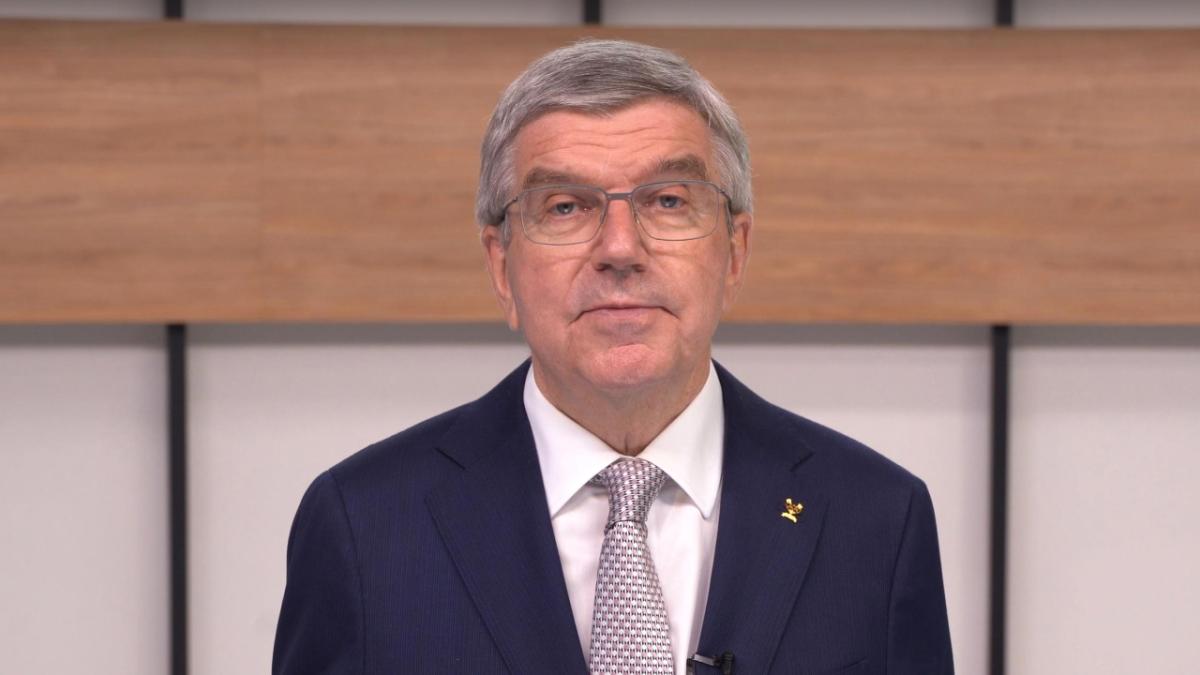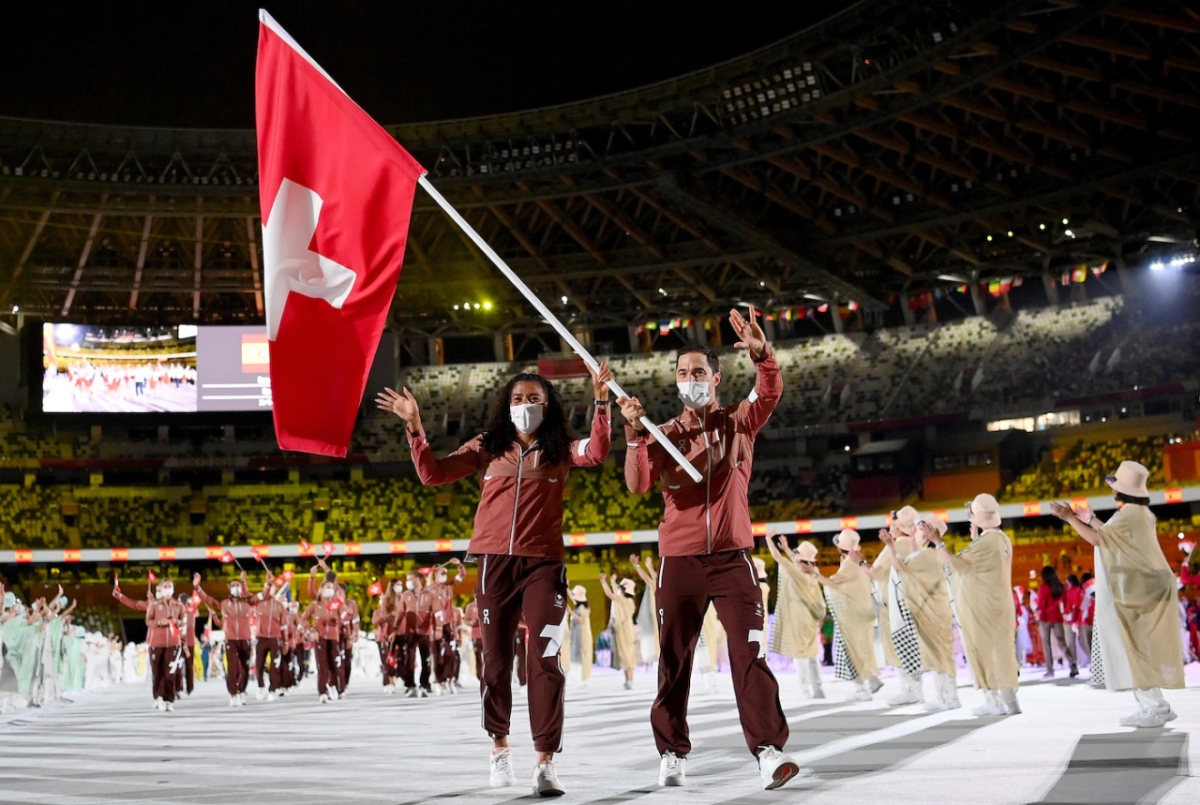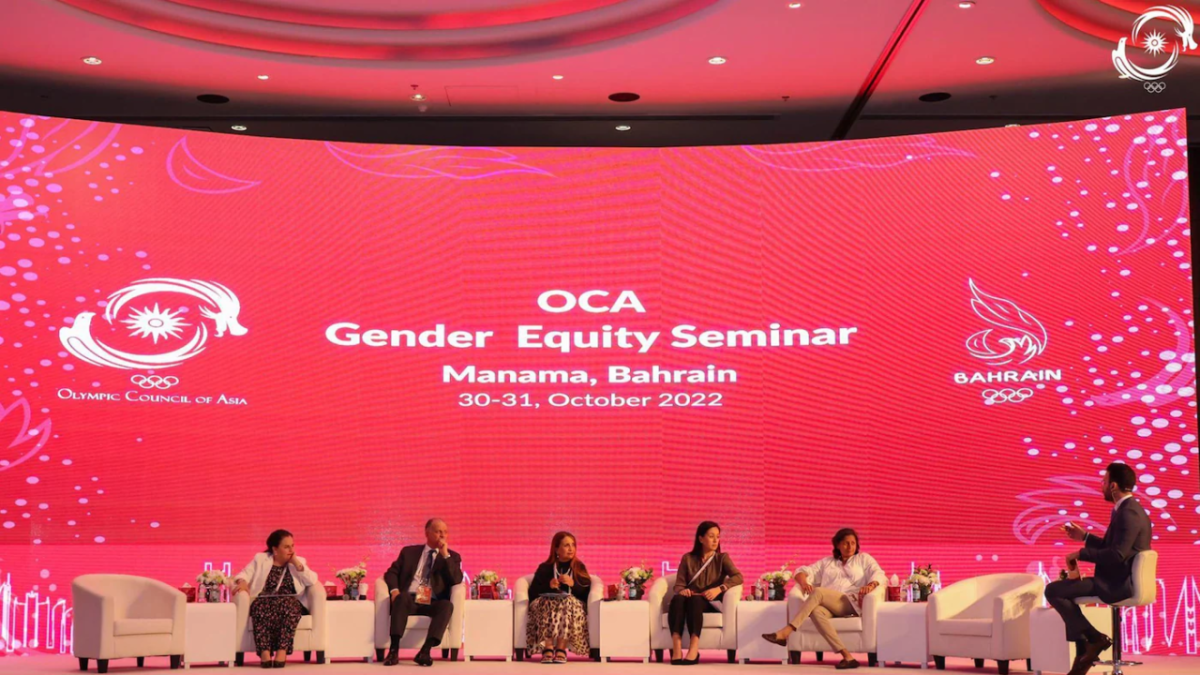IOC President: Gender Equality Is a Must-Have for Every Organisation and Country
International Olympic Committee news
Sports organisations have a responsibility to advance gender equality, diversity and inclusion, leading by example and making the world a better place, International Olympic Committee (IOC) President Thomas Bach told Olympic Movement stakeholders at the Gender Equity Seminar in Bahrain on 30 October 2022.
Organised by the Olympic Council of Asia (OCA), the Seminar was designed to build on momentum, sharing lessons learned and best practices on advancing gender equality. Some 42 of Asia’s 45 National Olympic Committees (NOCs) attended.
Making the world a better place through sport
The IOC has made great strides on gender equality. Tokyo 2020 was the most gender-balanced Olympic Games to date, with women making up 48 per cent of the athletes participating, and there is a commitment to reach full gender equality for the Olympic Games Paris 2024. And this equality goes beyond the field of play. In September, for the first time in Olympic history, President Bach appointed an equal number of women and men to the IOC commissions for 2022, up from women accounting for only 20 per cent of commission positions in 2013, before Olympic Agenda 2020. A record high of 13 of the 31 commissions, or 42 per cent, are now chaired by women (18 per cent in 2013). In addition, the number of female IOC Members has grown from 21 per cent in 2013 to 39 per cent in 2022.
“All of us [in the Olympic Movement] share one mission: to make the world a better place through sport,” President Bach told the meeting in a video address, noting that gender equality is a priority for the IOC.
“In today’s world, no organisation or country can afford to leave the skills of 50 per cent of the population behind – either in sport or in society at large,” he said. “That is why the IOC is committed to closing the gender gap on and off the field.”
Leading by example to change global attitudes
The IOC helps to change global attitudes by using its immense broadcast and online visibility to share the Olympic values with the world. The Games are broadcast to more than 200 countries, making the two weeks of competition a rare opportunity in this respect. The IOC also works with the Olympic Movement on multiple initiatives to promote gender equality, diversity and inclusion.
“As sport organisations, we have an important responsibility to lead by example,” President Bach said. “With this Seminar, the OCA is doing exactly that: leading by example and sending a strong message to advance gender equality throughout Asia.”
Accelerating progress together
The Gender Equity Seminar, held on 30 and 31 October, had three main objectives: to review women’s participation and representation in all aspects, from athletes and coaches to team officials and medical staff; to discuss best practices; and to launch grassroots strategies.
Marie Sallois, the IOC’s Director of Corporate and Sustainable Development, shared with the participants how the IOC is supporting the Olympic Movement in accelerating and mainstreaming gender equality on and off the field of play. She outlined the five focus areas – participation, leadership, safe sport, portrayal and resource allocation – while also highlighting the available IOC resources, such as its portrayal guidelines and the toolkit on safeguarding athletes.
With these resources and the IOC’s support, the NOCs were encouraged to develop their own plans, goals and projects. “We can be successful only if we all work together towards common goals,” Sallois said. “Together, we can continue to create a more equal, safe and inclusive Olympic Movement, and ultimately a better world through sport.”




